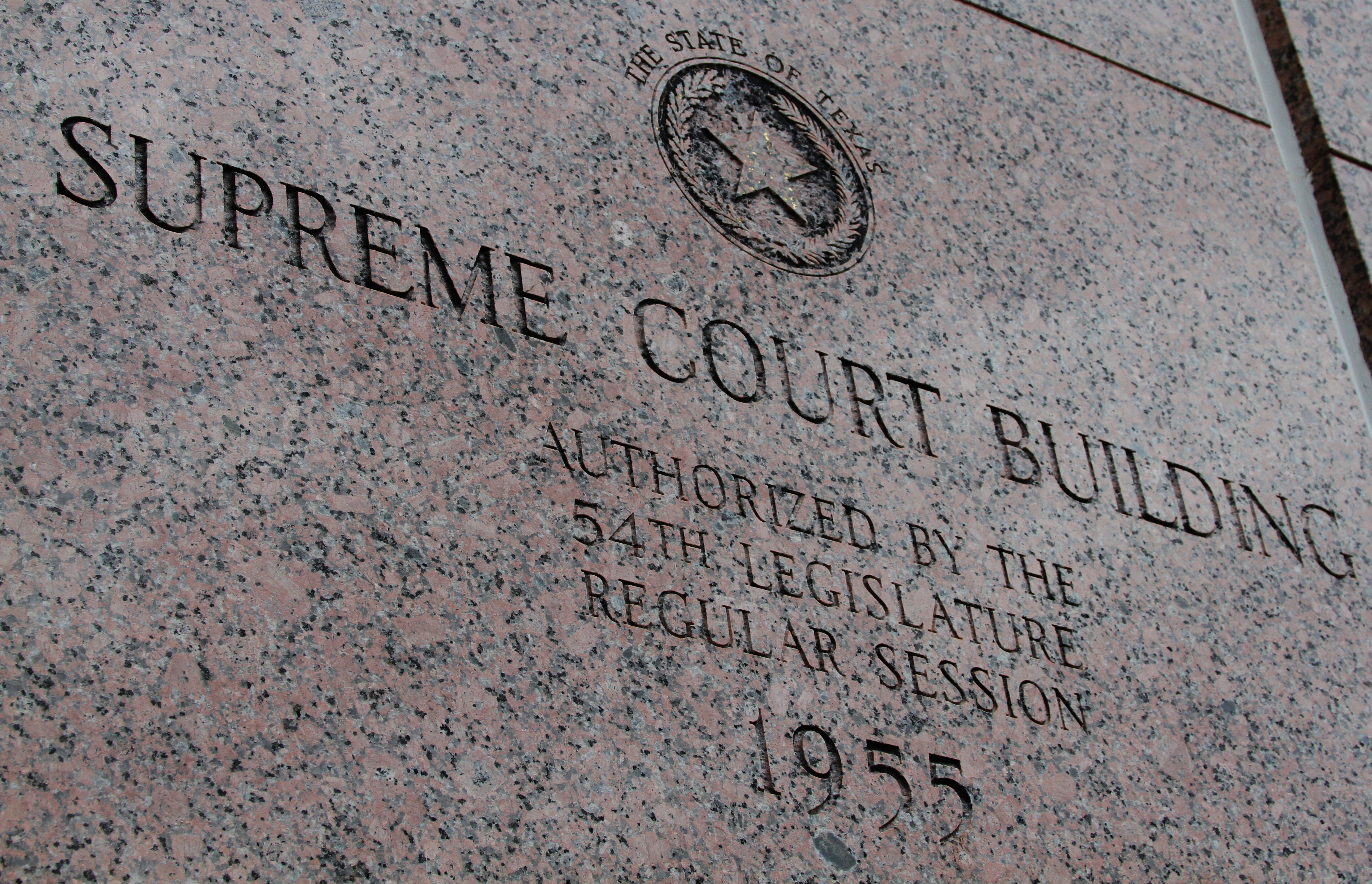William Marsh Rice Univ. v. Refaey
PD–0383–14
Case Summary written by Adam J. Ondo, Staff Member.
In the early morning of July 23, 2009, Officer Gary Spears, a peace officer employed by William Marsh Rice University (Rice University), noticed Rasheed Refaey parked on the street, across from the university. Refaey was kissing a woman located inside the vehicle. When Officer Spears went to investigate what he deemed suspicious behavior, Refaey drove off. Spears pursued him for two miles until he stopped. At gun-point, Spears detained Refaey for obstructing a roadway, evading arrest, and driving while intoxicated. The Harris County District Attorney’s Office dropped all of the charges against Refaey.
Refaey sued Rice University and Officer Spears (the defendants) for an assortment of alleged tortious actions, including: false imprisonment, negligence, gross negligence, assault, and intentional infliction of emotional distress. He claimed that his arrest and detention were unlawful. The defendants moved for summary judgment on the theory that Officer Spears was entitled to official immunity. After the motion was denied, the defendants filed an interlocutory appeal pursuant to Texas Civil Practice and Remedies Code § 51.014(a)(5), which provides that a party can appeal an interlocutory order of a district court that “denies a motion for summary judgment that is based on an assertion of immunity by an individual who is an officer or employee of the state or a political subdivision of the state.”
The court of appeals dismissed the defendants’ appeal, reasoning that Officer Spears was not “an officer or employee of the state.” The Defendants appealed this decision to the Texas Supreme Court. The first issue the Court had to address was thus whether a peace officer employed by a private university qualifies as an “officer or employee of the state.” The Court then decided the secondary issue of whether a private university could pursue an interlocutory appeal pursuant to § 51.0154(a)(5) based on a claim of immunity by one of its peace officers. The Court reversed the court of appeals’ decision and remanded the case, holding that private university peace officers could appeal denials of summary judgment pursuant to § 51.014(a)(5).
Because the primary dispute in this case concerned the meaning of the undefined word “officer” in § 51.014(a)(5), the Court turned to Black’s Law Dictionary for guidance, because precedent directed the Court to give undefined words “their common, ordinary meaning unless the statute clearly indicates a different result.” Jaster v. Comet II Constr., Inc., 438 S.W.3d 556, 563 (Tex. 2014) (plurality) (citing Molinet v. Kimbrell, 356 S.W.3d 407, 411 (Tex. 2011)). Black’s Law Dictionary defined the word “officer” as “[s]omeone who holds an office of trust, authority, or command.” BLACK’S LAW DICTIONARY 1257 (10th ed. 2014). Furthermore, “office” was defined as a “position of duty, trust, or authority, [especially] one conferred by a governmental authority for a public purpose.” Officer Spears appeared to fit the Black’s Law Dictionary definition of officer.
The Court then turned to the Occupations Code to help elucidate the Legislature’s intent when it used the word “officer” in § 51.014(a)(5). In the Occupations Code, “officer” is defined as a peace officer, which is further defined as a “person elected, employed, or appointed as a peace officer under Article 2.12, Code of Criminal Procedure.” TEX. OCC. CODE § 1701.001(3), (4). Article 2.12 provides that “[t]he following are peace officers” and provides a list that includes officers commissioned under Chapter 51 of the Education Code. TEX. CODE CRIM. PROC. art. 2.12(8). Rice University, as a private university, employed Officer Spears pursuant to Texas Education Code § 51.212. This section vests peace officers employed by private universities “with all of the powers, privileges, and immunities of peace officers” in certain circumstances. These officers are also required to execute and file a bond. This bond is made payable to the governor and is “conditioned that the officer will fairly, impartially, and faithfully perform the duties as may be required of the officer by law.” Private university peace officers thus qualify as “officers” under both the dictionary and statutory definition of “officer.”
The Court held that the court of appeals could hear Officer Spears’s interlocutory appeal, because he was an officer for purposes of § 51.014(a)(5). The Court, giving deference to past decisions, also held that Rice University could rely on its employee’s assertion of immunity when pursuing its own interlocutory appeal under § 51.014(a)(5).


